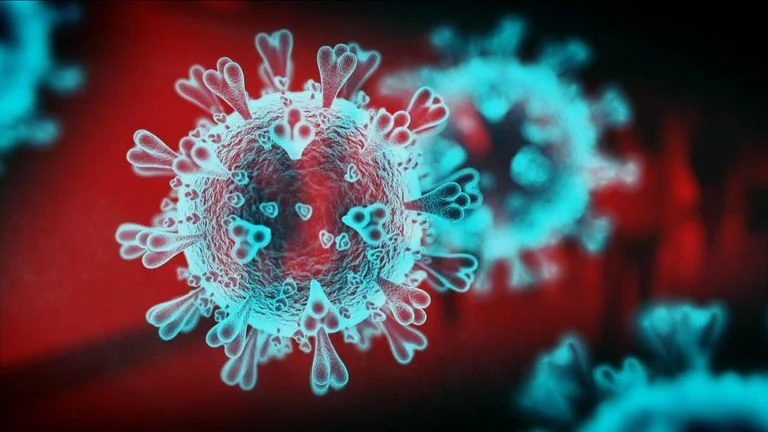A sub-variant of the Omicron strain, designated “JN.1,” has been categorized by the World Health Organization (WHO) as a “variant of interest” due to its notable surge in spread, reports the BBC. The variant has surfaced in several countries, including India, China, the United Kingdom, and the United States. While the WHO emphasizes the current low risk to the public and the efficacy of existing vaccines, it warns of potential rises in COVID-19 cases and other infections this winter.
Global Concerns:
In addition to the dominant Omicron variant, the Northern Hemisphere is witnessing an uptick in respiratory viruses such as the flu, respiratory syncytial virus (RSV), and childhood pneumonia. The continuous evolution of the virus behind COVID-19 has given rise to various strains, with Omicron leading the pack. The WHO is closely monitoring several Omicron-related variants, including the swiftly spreading JN.1, which has earned the distinction of being the fastest-growing COVID-19 variant.
JN.1’s Global Impact:
JN.1, accounting for 15-29% of infections in the US and approximately 7% of positive tests in the UK, is marked by its rapid proliferation, surpassing its predecessor, the BA.2.86 variant. The WHO’s risk assessment suggests that JN.1 may contribute to an increase in Sars-Cov-2 cases, especially as countries enter the winter season.
Understanding the Variant:
Despite its prevalence, there is limited evidence on JN.1’s ability to evade vaccine immunity. The WHO reports no increased illness rates compared to previous variants, but comprehensive studies are essential to gauge its health impact, given the decline in countries reporting COVID-19 data.
Preventive Measures:
In response to the evolving situation, the WHO advocates precautionary measures to curb infections. Recommendations include wearing masks in crowded areas, practicing respiratory hygiene, maintaining hand hygiene, staying updated on coronavirus and flu vaccinations (especially for vulnerable individuals), staying home when unwell, and seeking testing if symptoms manifest.
As the world grapples with the evolving dynamics of COVID-19 and its variants, the WHO’s vigilance and risk assessments play a crucial role. The emergence of JN.1 highlights the ongoing challenges in managing the pandemic. Public awareness, adherence to preventive measures, and vaccination efforts remain key components in mitigating the impact of evolving virus strains. The global community, guided by health authorities, continues to adapt and respond to emerging developments in the fight against the pandemic.




